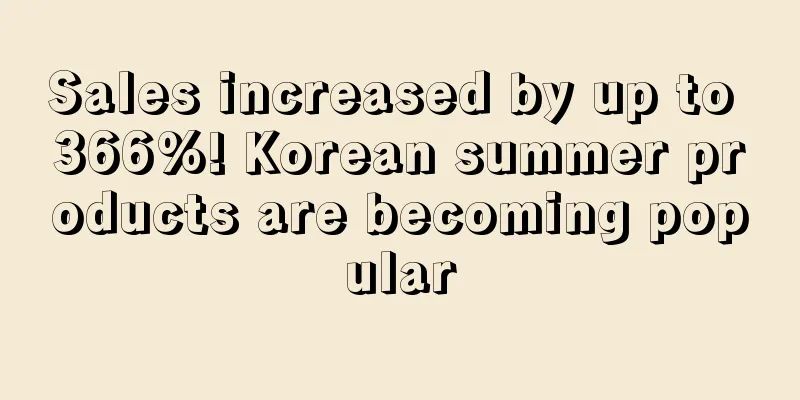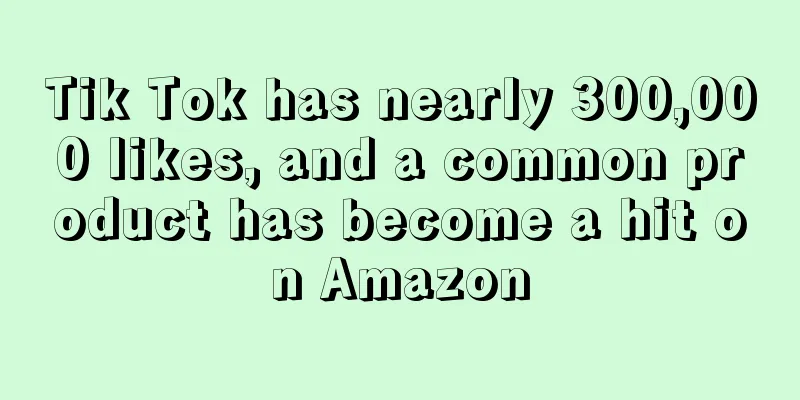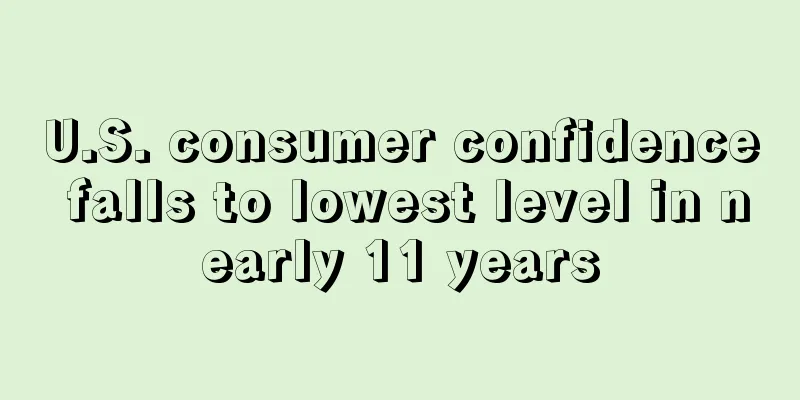Russia bans plastic tableware, these products are expected to be a big hit!

|
Recently, Russian Deputy Prime Minister Victoria Abramchenko said at a forum that the Russian government is drafting a ban on the production and use of non-recyclable plastics in Russia, including disposable plastic tableware and straws.
As early as the 5th of this month, Russia and other member states of the Eurasian Economic Union (Belarus, Kazakhstan, Kyrgyzstan, and Armenia) announced that they would gradually ban the use of disposable plastics.
Armenia plans to ban the production and use of disposable plastics starting in 201, Kazakhstan plans to completely ban the sale of plastic bags starting in 2025, and Belarus has imposed restrictions on the use of disposable tableware in certain catering establishments since the beginning of this year.
Regarding this move, some Russian restaurant and hotel operators said that this may lead to customer loss, because the price of restaurant dishes has already increased, and banning plastic tableware and switching to recyclable and degradable tableware will increase the cost of the restaurant, thereby raising the price of dishes again. In this way, fewer and fewer people will patronize the restaurant.
Valentina Matveyko, Chairwoman of the Federation Council of Russia, said: "It is unrealistic to ban it immediately because there are still many plastic products circulating on the market." She also said that a clear planning roadmap should be given on when to stop producing non-recyclable plastics and when they cannot be used so that they can switch to recyclable materials.
The plastic ban will definitely have an impact on e-commerce, because plastic bags are inevitably used in product packaging. Artem Sokolov, president of the Russian E-Commerce Enterprise Association (AKIT), said that many online stores in Russia have begun to recycle and reuse plastic products. He also said: "Our goal is not to close the entire plastic industry. There are many practitioners in this industry. The most important thing is to avoid throwing away plastic products after using them once."
For other sellers, the plastic ban is a business opportunity. Currently, many countries around the world have begun to implement plastic bans, which have also brought recyclable and degradable catering packaging into fashion. According to data from Alibaba International Station in November last year, the export volume of domestic disposable paper catering packaging has been growing for eight consecutive months, and the export transaction volume has soared by 822% year-on-year.
After Russia implements the plastic ban, the demand for recyclable and degradable catering packaging will increase, and sellers can prepare in advance. Russia |
<<: With a market value of more than $225 billion, Nike's e-commerce sales soared 59%!
>>: European online shopping trend warning: Fashion category is the most popular
Recommend
What is Nouyu Supply Chain? Nouyu Supply Chain Review, Features
Nouyu Supply Chain (Shanghai) Co., Ltd. is a profe...
What is the Isle of Man Financial Supervisory Commission (FSC)? Isle of Man Financial Supervisory Commission (FSC) Review, Features
<span data-docs-delta="[[20,{"gallery"...
What is American Express? American Express Review, Features
Shenzhen Meiya Logistics Co., Ltd. is a joint ven...
Amazon paid more than 600 million pounds in taxes a year and received a "small" tax relief
Amazon's profits surged 60% to £204 million (...
What is AuthoritySpy? AuthoritySpy Review, Features
AuthoritySpy is a great link building SEO tool th...
With more than 15 million users, Temu is "surging" in another market
In recent years, more and more Chinese companies ...
What is Longbang Supply Chain? Longbang Supply Chain Review, Features
Longbang Supply Chain (Guangdong Longbang Supply C...
What is MoeLa Information Technology? MoeLa Information Technology Review, Features
Guangzhou Mengla Information Technology Co., Ltd. ...
"May Day" holiday for 10 days! These products are hot selling in Russia
On April 23, Russian President Vladimir Putin iss...
What is AIQ? AIQ Review, Features
AIQ is a financial technology company focusing on ...
What is ModCloth? ModCloth Review, Features
ModCloth is an American online sales website and ...
Be careful! Tens of thousands of hot-selling listings may be removed from the shelves
A few days ago, a number of descriptive words com...
With over 50,000 five-star reviews, the $20 cold drink thermos is a big hit on Amazon
Although this summer is coming to an end, the sho...
What is Tianjin Supply Chain? Tianjin Supply Chain Review, Features
Tianjing Supply Chain (Shenzhen Tianjing Supply Ch...
With annual consumption of RMB 471 billion, China's luxury goods market is developing rapidly
Consulting firm Bain & Company said in its an...









